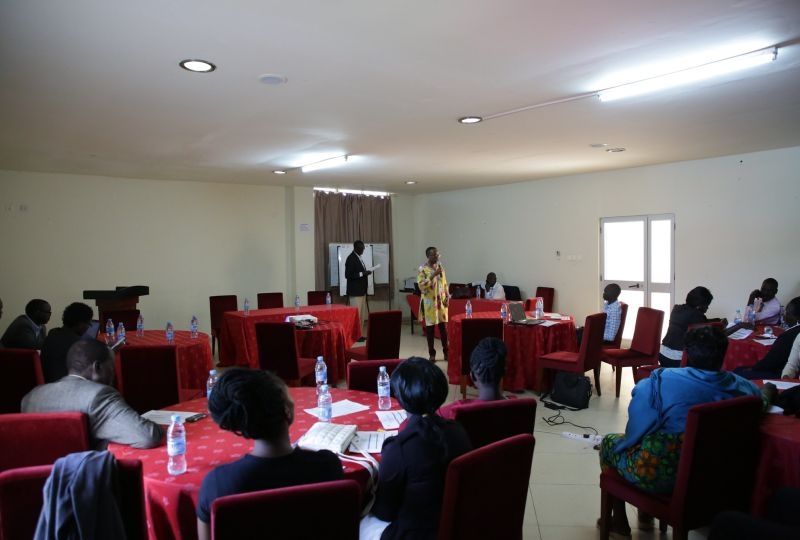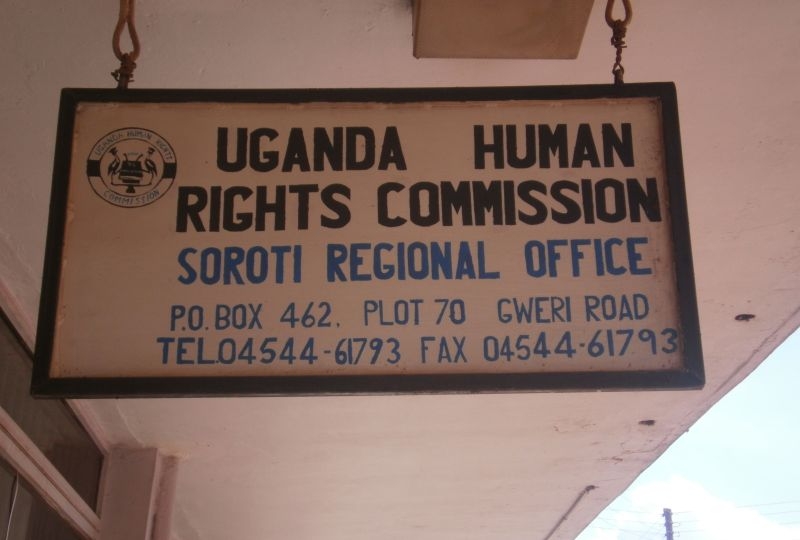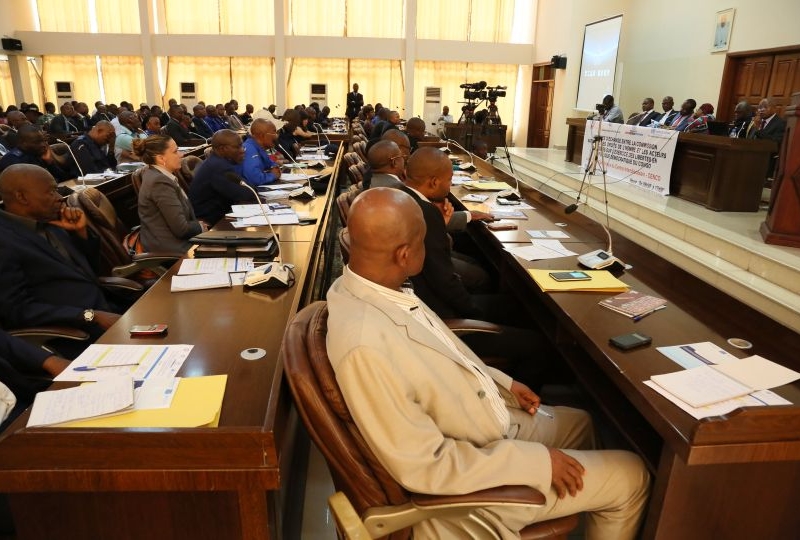NHRSs come in different forms and structures. This seminar presented a unique forum for different national human rights actors – governmental bodies, independent state institutions and civil society organizations – to exchange their latest strategies for human rights implementation and monitoring and helped to enhance interaction between two or more national actors. The seminar notably highlighted a number of tangible common features for a most effective NHRS, providing best practice examples in a peer-to-peer learning process.
The seminar also discussed specific issues including NHRSs’ information management capacity; the capacity of different domestic actors to mutually engage with each other and liaise with international human rights bodies in the context of reporting, visits by UN special procedures or other international expert bodies; and NHRSs’ capacity to foster participation and provide a platform for consultations among national actors.
‘The discussions notably allowed identifying obstacles and good practices that can guide the process towards a consolidated NHRS, including reducing the load on national actors, reducing duplication in reporting to UN human rights bodies and the possibility of a common monitoring methodology’ explains Felix Kirchmeier, Manager of Policy Studies at the Geneva Academy and Executive Director of the Geneva Human Rights Platform.
Participants also suggested exploring the possibility of devising a list of general principles related to the functioning of effective NHRSs, which might include specific sections on broad characteristics like institutional design, effective interactions among national human rights actors, meaningful participation of all relevant stakeholders, transparency and accountability in the decision-making process, availability of resources, as well as accessibility and digitalization.










